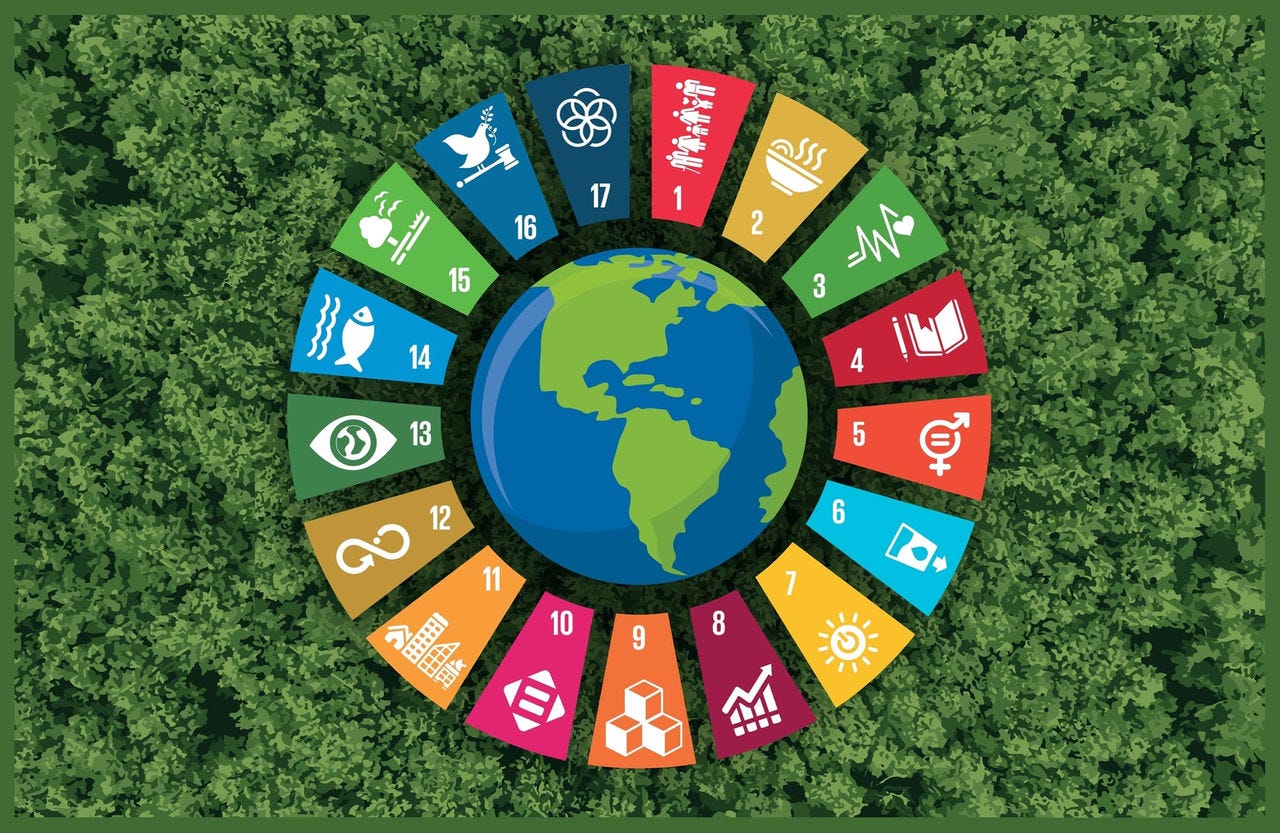Mobilising domestic resources to achieve the SDGs in a fair and efficient way is a huge challenge. This has become even more critical in the wake of the COVID-19 pandemic, amid the global repercussions of conflicts and climate change, and with an escalation in debt costs for most developing countries. The OECD works on a range of corporate tax policy issues of high relevance to developing country policymakers. However, the fiscal needs of developing countries require a broad tax policy effort - beyond corporate taxation - on issues such as value added tax, tax transparency, health and social protection financing, and tax and informality.
Tax and development
Effective taxation is vital for development. An effective tax system not only raises revenues needed for funding public services, but can also support development goals, for example by helping combat illicit financial flows, reducing inequality through redistribution and addressing health and environmental objectives by influencing taxpayer behaviour.

Key messages
Base erosion and profit shifting (BEPS) due to multinational enterprises exploiting gaps and mismatches between different countries' tax systems affects developing countries disproportionately due to their higher reliance on corporate income tax. A conservative estimate suggests that BEPS practices cost countries USD 100-240 billion in lost revenue annually, which is the equivalent to 4-10% of the global corporate income tax revenue. Developing countries have been engaged in OECD-led discussions on international taxation, including on the implementation of work to counter tax avoidance by multinational enterprises and in developing new international tax standards to address the tax challenges arising from the digitalisation of the economy. For instance, developing countries substantially contributed to countering harmful tax practices and to a simplified approach for the application of transfer pricing rules.
The SDGs include as a target the significant reduction of illicit financial flows (IFFs), which pose a major threat to many developing and emerging economies by undermining domestic resource mobilisation efforts. IFFs erode the public revenues that countries need to invest in their social and economic development. Their impacts are felt more strongly by jurisdictions with relatively narrow tax bases and constrained tax administration capacity. IFFs can also erode a country’s investment base and public confidence in the integrity of the tax system. The OECD and the Global Forum on Transparency and Exchange of Information for Tax Purposes (the Global Forum) contribute to the fight against IFFs through their work on tax and crime and on tax transparency.
A well-functioning tax administration not only secures the collection of revenues but also fosters economic growth, equity, and social stability. Enhancing revenue predictability enables governments to increase domestic resource mobilisation and fund public services. Digitalisation – a high priority for many countries – can help improve efficiency and effectiveness in tax administration, increase compliance, reduce taxpayer burdens, remove opportunities for corruption, and increase the revenue needed to provide and expand public services. Another key area for tax administrations is co-operative compliance, where good relationships between taxpayers and revenue bodies can strengthen voluntary tax compliance.
Context
Tax-to-GDP ratios in developing countries
Developing countries have made significant progress in improving their domestic revenue mobilisation. Between 2010 and 2021, over two-thirds of countries included in the OECD's Global Revenue Statistics database increased their tax-to-GDP ratio, and the regional averages for Africa, Asia and the Pacific and Latin America and the Caribbean all rose, despite the impact of the COVID-19 pandemic on public revenues. The tax-to-GDP ratio still varies widely by country, however, and remains below the key 15% threshold for a number of developing economies. The average ratio for developing countries and regions stands well below OECD country levels and the gap has generally widened over 2010-21.
Participation in the work on international tax co-operation
The OECD's work to support tax and development, undertaken since 2009 in co-operation with global and regional partners, has achieved significant results in terms of participation in OECD Forums and OECD hosted Forums, instruments and data. There has been an overall increase in terms of membership, signatories to instruments, and contributions to data collection for both developing and developed countries and jurisdictions.
TIWB revenue impact worldwide
Demand for assistance from Tax Inspectors Without Borders (TIWB), a joint OECD/UNDP initiative, has grown steadily since 2015. As the number of TIWB programmes increases, so does the tax revenue impact that developing countries reap from this practical hands-on support. At the end of 2023, TIWB has helped developing country tax administrations generate overall an additional USD 2.30 billion in tax revenues and USD 6.05 billion in tax assessed across Africa, Asia and the Pacific, Eastern Europe, and Latin America and the Caribbean (LAC). These achievements have been accomplished in partnership with regional and international organisations such as the African Tax Administration Forum (ATAF) and the World Bank Group (WBG).
Building fairer societies through global tax co-operation
The OECD has played a central role over time in supporting international dialogue and exchange on tax policy. This mission was reinforced in 2009 when G20 leaders asked the OECD to step up co-ordination in tackling offshore tax avoidance and evasion. This ongoing global fight stands as one of the most effective examples of international co-operation.
Latest insights
-
 Announcement7 May 2024
Announcement7 May 2024 -
 Public consultation6 November 2023
Public consultation6 November 2023
Related publications
-
 18 November 2024
18 November 2024
Related events
Programmes
-
The Global Relations Programme on Taxation (GRP) supports developing countries via capacity-building activities and tools to help tax officials strengthen their skills and knowledge.Learn more
-
The OECD assists resource-rich developing countries with addressing base erosion and profit shifting (BEPS) related risks and challenges with a specific focus on the extractive sector. This hands-on practical assistance focuses on addressing transfer pricing risks, understanding mining industry practices, capacity building, and legal and policy advice.Learn more






